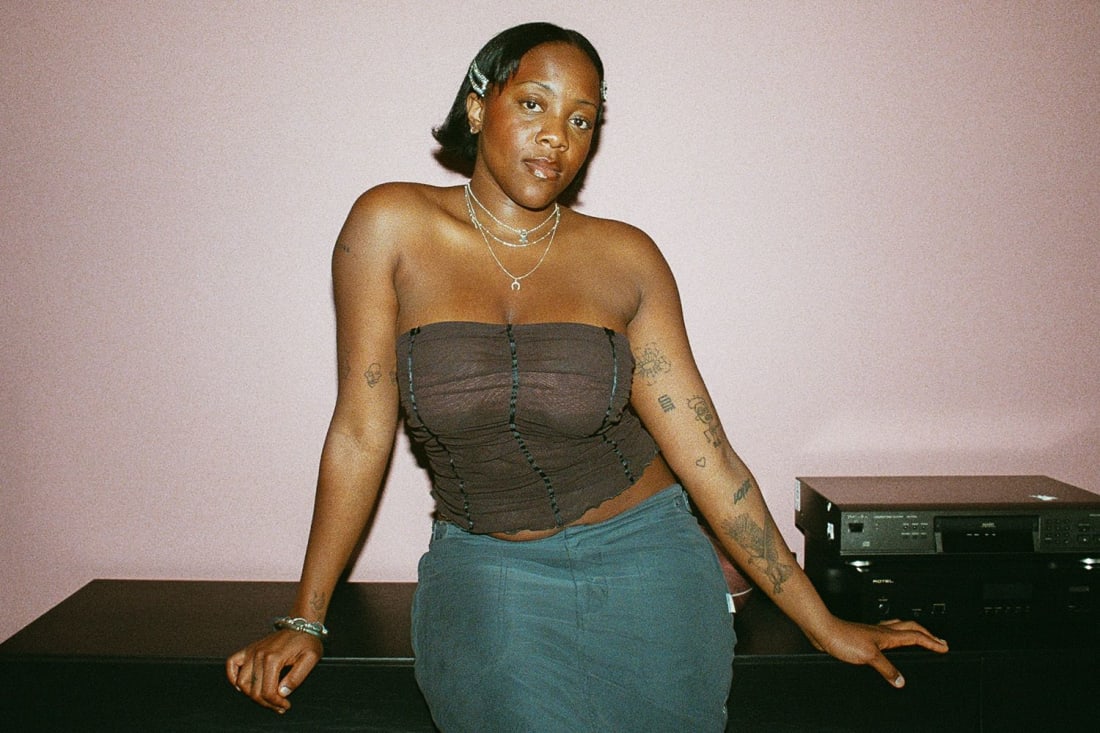Oliver Sim’s ‘Hideous’ is a powerful insight into HIV+ youth
The xx musician revealed his positive diagnosis in solo debut ‘Hideous Bastard’ – here, HIV activists and campaigners speak candidly about life and representation of HIV+ people
The xx musician revealed his positive diagnosis in solo debut ‘Hideous Bastard’ – here, HIV activists and campaigners speak candidly about life and representation of HIV+ people
On Monday (May 23), Oliver Sim – vocalist and bassist of the band The xx – released the first single from his forthcoming debut solo album Hideous Bastard. Titled “Hideous”, the track – which features 80s musician and AIDS activist Jimmy Sommerville and is accompanied by a music video by Yann Gonzalez – sees Sim reveal that he has been living with HIV since he was 17-years-old.
In a statement on Instagram, Sim spoke candidly about his diagnosis and how living with HIV helped to inspire “Hideous”. “Early on in the making of my record Hideous Bastard, I realised that I was writing a lot about fear and shame,” Sim wrote. “Two thirds in, having a good idea of what the record was about, I realised I’d been circling around one of the things that has probably caused me the most fear and shame. My HIV status.”
He continued: “I’ve been living with HIV since I was 17 and it’s played with how I’ve felt towards myself, and how I’ve assumed others have felt towards me, from that age and into my adult life. So, quite impulsively, I wrote about it on a song called 'Hideous'.”
In the track’s music video, Sim is depicted as a horror-like creature that hides in the corner of clubs and shies away from intimacy due to his shame, and in the song’s second verse – after revealing his HIV status – Sim asks himself: “Am I hideous?”
According to Ian Green, CEO of HIV and sexual health charity Terrence Higgins Trust, the song provides a “powerful insight” into the internalised shame from the stigmas, ignorance, and misinformation surrounding HIV. “We preempt other people’s opinions of us to the detriment of our mental health and wellbeing,” he tells Woo. “No one living with HIV should feel ‘hideous’ or lesser, but too often we know that is the case.”
Writer and HIV activist Jay Hawkridge – who has used his online platform to share his experiences and advice for living with HIV following his own diagnosis in 2019 – agrees, stating that Sim’s song reminded him of the highs and lows he felt after testing positive. “The (song’s) first two words, ‘I’m ugly,’ really strike me. The resulting months after (my) diagnosis, I felt unrecognisable when I looked in the mirror,” he explains. “The song encapsulates the ups and downs that come daily with understanding an HIV status; it really does change you, and as much as I profess the strength and love I’ve found on this journey, there’s definitely a darker side.”
He adds: “The struggle is that even after you come to some kind of understanding with your own status, there’s still this weight of carrying it with you into every social interaction, every new person you meet from then onwards. I’ve found myself, due to lack of education and awareness, having to teach the people around me constantly what it means for me to be living with HIV, and it can be exhausting, even when you’re at peace with yourself.”
Today – despite the stigmas – HIV positive people are able to live to a normal lifespan, live healthily, and have unprotected sex with their partners without transmitting the virus if correctly treating their diagnosis with Antiretroviral medication (a one-pill-a-day treatment which reduces your viral load, or the level of HIV cells in your body). Otherwise, PrEP – a daily pill that prevents HIV transmission – has become accessible for free in sexual health clinics across the UK, contrary to its previous limited availability.
“We’re sure that many more people will find out about the incredible progress that’s been made in preventing, testing for, and treating HIV because of Oliver,” says Green. “But, as Oliver’s song shows, stigma remains a huge issue for people living with HIV and has a significant negative impact on wellbeing, sex, and relationships. It also stops others from coming forward to get tested and access life-changing treatment.”
“That’s why it’s so important we’re all working towards a world free of HIV stigma – because only then will we also be able to end new HIV transmissions.”
In Sim’s Instagram statement, he mentioned that – while touching on feelings of fear and shame – he does not want Hideous Bastard to be seen as a “dark, ‘woe is me’ sounding album”. “In recent years, I’ve become a firm believer that the best antidote to these feelings can be bringing them to the surface and shedding some light on them,” he wrote. “I’ve spent the past two years since writing “Hideous” having those conversations, which was difficult and uncomfortable to start with, but has allowed me to feel a lot freer and has only strengthened the relationship with myself and with the people in my life.”
According to Hawkridge, this is something important for young people who have tested positive to understand. “Getting your head around it takes time, but it's so possible. Don’t feel you have to teach the people around you how to understand you, or HIV; your responsibility is to yourself, first and foremost,” he explains. “Take extra time for self care, reflect, journal, make sure to eat and exercise, and pursue your passions.”
He adds: “For me, in the last (almost) three years, what I first mistook as my greatest darkness has become my wisest teacher; I’ve never understood myself so much, I’ve never loved myself so much, and I’ve never been so assertive about the dreams and people that I want in my life. I’m far more me now than I ever was pre-HIV.”
For more information on living with HIV, listen to Jay Hawkridge’s “HIV: ESSENTIALS” podcast here.



